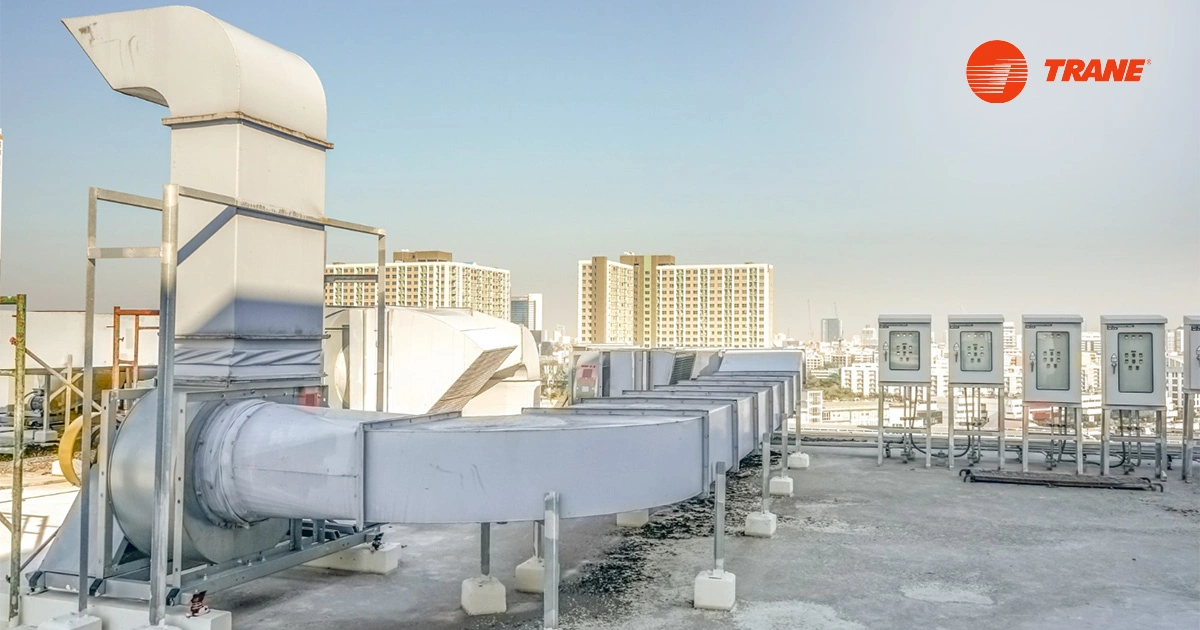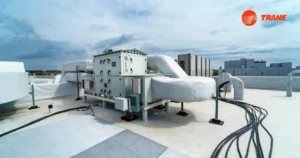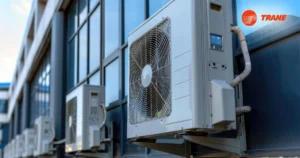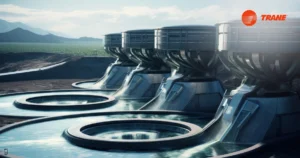Egypt’s food industry is undergoing rapid transformation, fueled by rising consumer demand, population growth, and an increasing emphasis on exports. From agriculture to food processing and logistics, businesses are scaling operations to meet both domestic and international requirements. In this competitive environment, efficient and reliable cooling is not simply an operational need — it is the foundation of food safety, product quality, and long-term business growth. That is why many organizations are turning to temporary chiller rental, a solution that delivers the flexibility, reliability, and scalability that permanent installations often cannot provide.
The Critical Role of Cooling in Food Safety
Temperature stability is essential in maintaining food quality throughout the supply chain. From processing plants to refrigerated warehouses, every stage relies on consistent cooling to protect perishable products from spoilage. A minor fluctuation in climate can lead to contamination, shortened shelf life, and costly product losses. For businesses that operate at scale, the stakes are even higher, as breakdowns in cooling systems can damage brand reputation and weaken trust with international buyers. Temporary cooling solutions provide resilience, ensuring that operations remain uninterrupted even under Egypt’s challenging climatic conditions.
Why Temporary Chiller Rental Is Gaining Ground
For decades, food businesses relied heavily on purchasing permanent HVAC infrastructure. While ownership has benefits, it also requires heavy capital expenditure, ongoing maintenance, and eventual upgrades. The rise of temporary chiller rental is changing this mindset. Rentals allow organizations to access cutting-edge technology without locking resources into depreciating assets. They also give food companies the ability to scale cooling capacity up or down, depending on seasonal production cycles, export surges, or expansion projects. In a market where agility determines competitiveness, this flexibility is invaluable.
Cost Advantages and Risk Reduction
The financial benefits of rental solutions are significant. Companies avoid large upfront costs and instead treat cooling as an operating expense. This shift improves cash flow and allows capital to be invested in growth initiatives such as product development, market expansion, or digital transformation. Rentals also reduce risk by transferring equipment maintenance and servicing responsibilities to the provider. Trane Egypt offers comprehensive support, including system monitoring and 24/7 technical service, which minimizes downtime and safeguards operational continuity.
Industry Applications in Egypt’s Food Sector
Egypt’s food industry encompasses a diverse range of businesses, each with unique cooling requirements.
- Dairy and Beverage Production: Maintaining strict temperature control ensures product consistency and compliance with hygiene standards.
- Meat and Poultry Processing: Cooling systems preserve freshness, reduce bacterial growth, and extend product shelf life.
- Seafood Exports: Egypt’s fisheries depend on reliable chilling during storage and transport to compete globally.
- Frozen Foods and Ready Meals: Large-scale producers need dependable systems to maintain product integrity across supply chains.
In each of these industries, rental solutions provide the scalability required to manage seasonal spikes, pilot projects, or rapid expansions.
The Role of Chiller Rental in Operational Agility
Beyond cost savings, chiller rental empowers businesses to move quickly in response to market changes. A new export contract, a surge in domestic demand, or an unexpected equipment breakdown can be managed without lengthy procurement delays. Trane Egypt’s fleet of rental units can be deployed rapidly, allowing businesses to maintain momentum and protect profitability. This agility is critical in Egypt’s food industry, where competition is intensifying both locally and globally.
Strengthening Export Competitiveness
Egypt is positioning itself as a regional hub for food exports, supplying markets in Africa, the Middle East, and Europe. Export success depends heavily on compliance with stringent international standards. Cooling is a central part of these standards, ensuring food quality and safety throughout the supply chain. By relying on advanced rental solutions, exporters demonstrate their commitment to reliability and compliance, strengthening their reputation with global buyers. This advantage makes rental cooling not only an operational tool, but also a strategic enabler of international growth.
Driving Sustainability in the Food Sector
Sustainability is becoming a core priority for Egypt’s industries, aligned with national strategies such as Egypt Vision 2030. Energy efficiency and reduced environmental impact are increasingly important to food producers seeking to meet global expectations. Trane integrates advanced engineering and eco-friendly refrigerants into its rental solutions, lowering both operating costs and carbon footprint. For food businesses, sustainability is no longer optional — it is a requirement for staying competitive in the international market.
Trane Egypt as a Trusted Partner
What sets Trane Egypt apart is its holistic approach to rental solutions. Beyond equipment, the company provides turnkey services that include site assessment, system design, installation, and ongoing maintenance. With decades of expertise and a deep understanding of Egypt’s climate, Trane delivers customized solutions tailored to the food industry’s unique challenges. Businesses can focus on scaling their operations while knowing that their cooling infrastructure is in capable hands.
Closing Thought
For Egypt’s food industry, the ability to maintain reliable cooling is more than a technical requirement — it is the foundation of product safety, operational efficiency, and global competitiveness. By partnering with Trane Egypt, organizations secure access to scalable, high-performance systems backed by expert service. With its advanced capabilities in space cooling, Trane provides tailored solutions that safeguard supply chains, reduce risks, and help businesses thrive in an increasingly demanding market.




